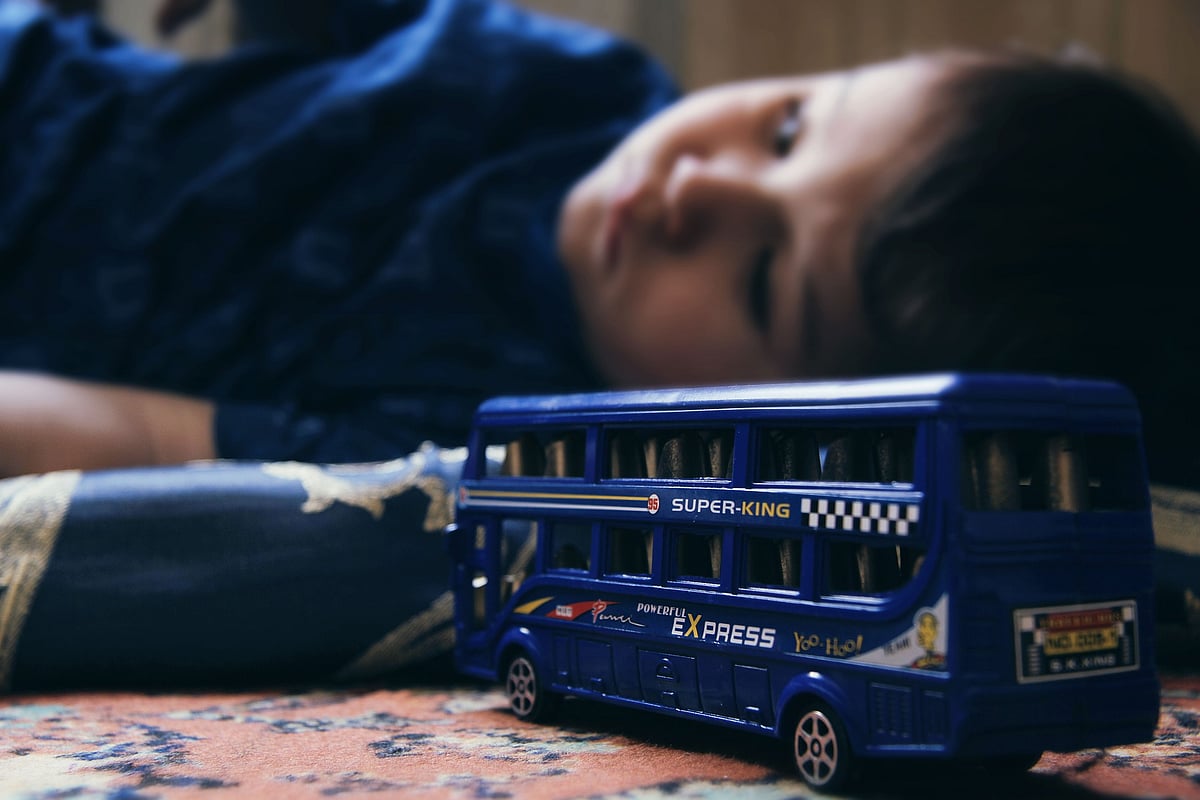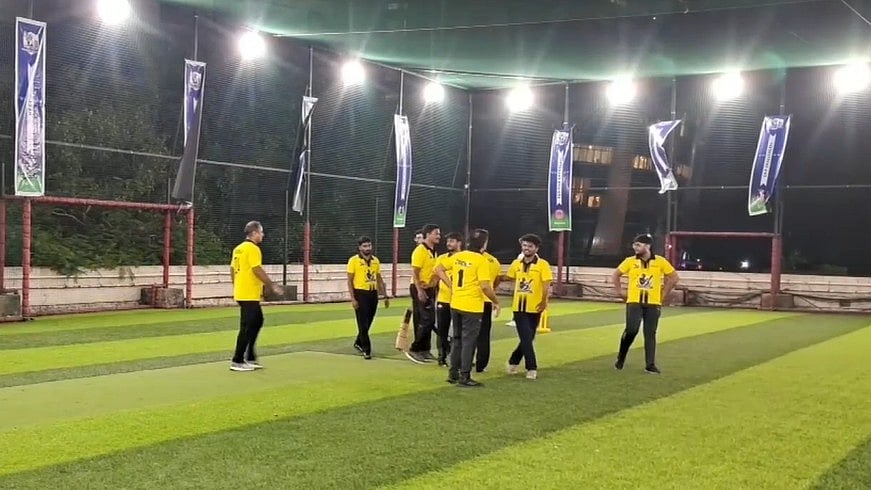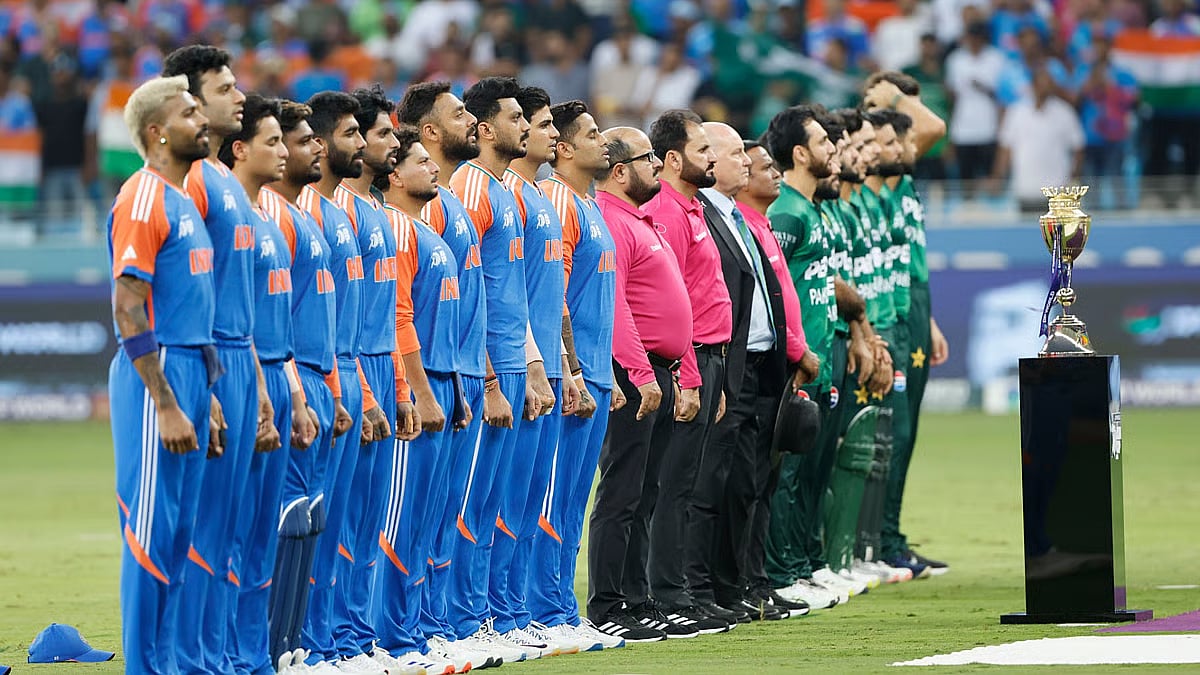Students across the world are suffering collateral damage from the COVID-19 pandemic. The continuing uncertainty, the prolonged incarceration at home and interrupted academic progress, the financial setbacks and diminishing career prospects, have left them prey to unprecedented levels of anxiety and depression.
Keeping children at home, physically cut off from their friends, has been tough on parents. Even now, many of them are reluctant to allow kids out of the house lest they fail to take basic precautions or engage in contact sports. Online access offers some relief but prolonged isolation makes children lethargic and irritable and they begin to act out. Close proximity to the same people, day in and day out, creates its own mental stresses.
In the midst of all the uncertainty, the CBSE's decision to cancel board examinations for classes 10 and 12 came as a relief. The situation in colleges varies, with some cancelling and others deferring final year examinations. While entrance tests like JEE and NEET are scheduled to be held in September, students are unsure whether the dates will hold, because they have already been postponed several times. Studying the same thing over and over again can be monotonous and frustrating, but the aspirants have no choice. And although the university admission process has kicked off, it is still not clear when schools and colleges will reopen.
For young people at a critical stage in their lives, preparing to leave college and move into jobs, the pressure is tremendous. With the contraction of the economy, they are unsure of whether they will be able to find employment, even at lower salaries. Some who had already received offers have found them withdrawn as a result of the employer having to scale down. Hiring is at its lowest in 15 years and top talent is going cheap.
The lakhs of Indian students who are planning to or are already studying abroad find themselves in limbo. The US proposal to repatriate international students in universities that are conducting online classes, adds further stress. Having paid through the nose for tuition, travel and accommodation, students and parents are understandably feeling let down. After all, no international student wants to pay tens of thousands of dollars in tuition fees for online classes.
Only in recent days have countries like the UK, Canada and Australia eased travel restrictions. Students headed to the EU or the US, however, are still unsure of what the future holds. There is no clear indication of when international flights, visa issuance or in-person classes will resume. Those who are already abroad are equally anxious. A study in the Netherlands among international students found strong correlations between anxiety, loneliness and COVID-19-related stress.
Young people have been brought face-to-face with the unpredictability of the world and their own helplessness vis-à-vis force majeure. Just when they were preparing to reap the benefits of years of hard work and dedicated study, forces beyond their control are threatening to disrupt their future. They may feel they have no control over anything, not even their immediate environment. A sense of what psychologists call “learned helplessness” – a reluctance to make an effort to change their situation, even when opportunities arise – sets in.
It is important for parents to nudge their children towards activities that let them regain a sense of control – something as simple as household chores, painting, doing a science project or cooking and baking. For younger children, structure is vital. A schedule of activities makes them feel safe and secure, particularly if parents make it a point not to communicate their own anxieties to the children.
Adolescents are harder to manage, because they are at a stage in their lives when peer groups exercise considerable influence over their development. Closure of campuses has forced many college students to relocate, leaving them bereft of a sense of belonging. The absence of everyday activities and loss of socialisation leads to loneliness and the uncertainty over career and income compounds their anxieties, triggering insomnia, eating disorders and behavioural problems, including hostility. In addition, many young people oscillate between hypochondria — a fear that any cough or sniffle, may be a sign of COVID-19 — and bravado, a conviction that they are immune.
While distance learning may sound like an easy way out of the COVID-19 conundrum, the brewing mental health crisis among young people makes it clear that the sooner regular education is resumed, the better. Institutions can make and implement their own set of safety protocols, but they must open their doors.
The writer is a senior journalist with 35 years of experience in working with major newspapers and magazines. She is now an independent writer and author.










